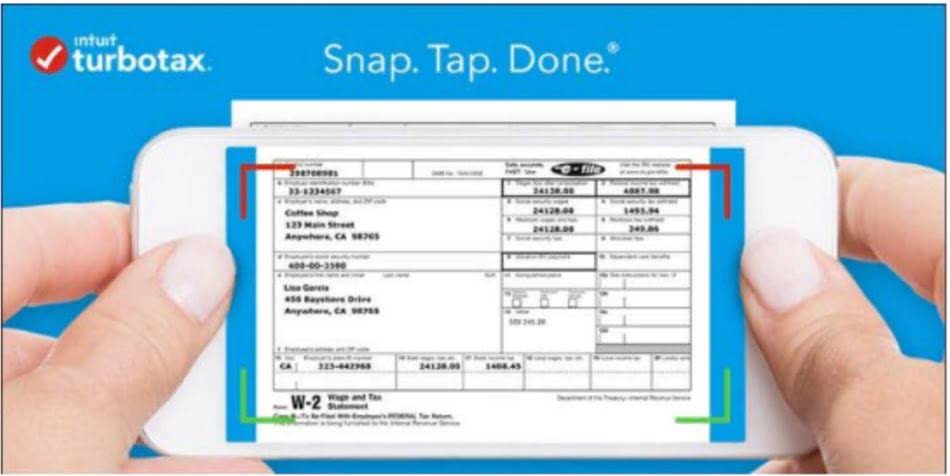
There are some exceptions to this rule, but always apply the cost principle unless FASB has specifically stated that a different valuation method should be used in a given circumstance. There also does not have to be a correlation between when cash is collected and when revenue is recognized. Even though the customer has not yet paid cash, there is a reasonable expectation that the customer will pay in the future.
An account is a record showing increases and decreases to assets, liabilities, and equity—the basic components found in the accounting equation. As you know from Introduction to Financial Statements, each of these categories, in turn, includes many individual accounts, all of which a company maintains in its general ledger. A general ledger is a comprehensive listing of all of a company’s accounts with their individual balances. normal balance of accounts The procedural part of accounting—recording transactions right through to creating financial statements—is a universal process. Businesses all around the world carry out this process as part of their normal operations. In carrying out these steps, the timing and rate at which transactions are recorded and subsequently reported in the financial statements are determined by the accepted accounting principles used by the company.
How to get your tax refund early
It’s important to note that the normal balance of an account is not set in stone and can vary depending on the specific circumstances or accounting practices of a company. However, in general, dividends are considered a reduction in equity and are therefore recorded as a debit entry. This means when a company makes a sale on credit, it records a debit entry in the Accounts Receivable account, increasing its balance.

Each of the accounts in a trial balance extracted from the bookkeeping ledgers will either show a debit or a credit balance. The normal balance of any account is the balance (debit or credit) which you would expect the account have, and is governed by the accounting equation. Expenses normally have debit balances that are increased with a debit entry. Since expenses are usually increasing, think “debit” when expenses are incurred. (We credit expenses only to reduce them, adjust them, or to close the expense accounts.) Examples of expense accounts include Salaries Expense, Wages Expense, Rent Expense, Supplies Expense, and Interest Expense.
Time Value of Money
A https://www.bookstime.com/ is the expectation that a particular type of account will have either a debit or a credit balance based on its classification within the chart of accounts. It is possible for an account expected to have a normal balance as a debit to actually have a credit balance, and vice versa, but these situations should be in the minority. Abnormal account balances are triggered by transactions that are out of the ordinary; for example, the cash balance should have a normal debit balance, but could have a credit balance if the account is overdrawn. The normal balance for each account type is noted in the following table. Factors such as company structure, profitability, legal requirements, investor expectations, and business strategy can influence the normal balance of dividends.

The role of the Auditor is to examine and provide assurance that financial statements are reasonably stated under the rules of appropriate accounting principles. The auditor conducts the audit under a set of standards known as Generally Accepted Auditing Standards. The accounting department of a company and its auditors are employees of two different companies.